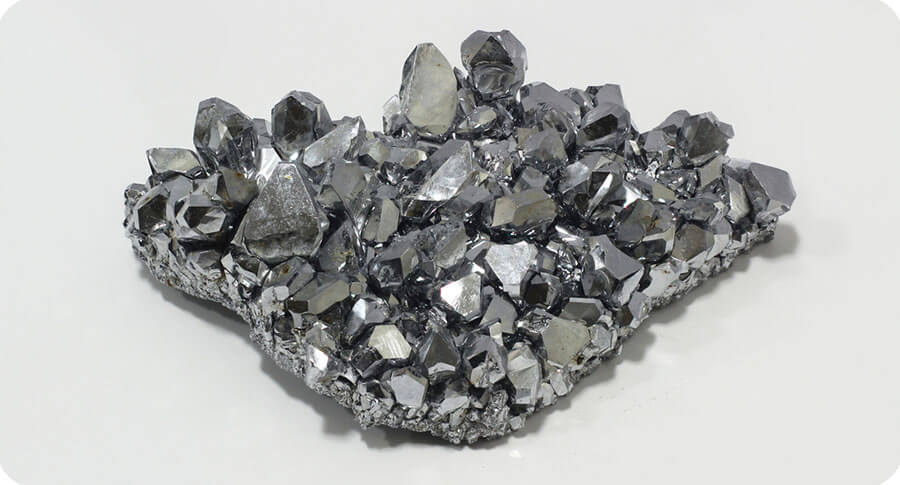
The global nickel niobium market, valued at $1.4 billion in 2024, is forecast to grow to $2.5 billion by 2034, according to recent industry analysis. This growth, at an annual rate of 6.2% from 2025 to 2034, is being driven by increased use of nickel niobium alloys in high-performance applications across aerospace, defense, automotive, and energy industries.
Nickel niobium is a master alloy composed mainly of nickel and niobium, known for enhancing the strength, corrosion resistance, and high-temperature stability of superalloys and special steels. These properties are critical for components in jet engines, gas turbines, and advanced automotive parts, where durability and performance are essential. In construction, nickel niobium alloys are used in infrastructure projects such as bridges and high-rise buildings, where resistance to stress and extreme weather is required.
The aerospace and defense sectors accounted for 32.4% of the market in 2024, as these industries require materials that can withstand extreme conditions. The automotive and construction industries are also increasing their use of nickel niobium alloys, particularly as manufacturers seek lighter, stronger materials to improve fuel efficiency and reduce emissions.
Market trends show a move toward sustainable alloy production, with government and industry initiatives supporting cleaner manufacturing processes and recycling to reduce emissions. The U.S. and EU are investing in technologies like electric arc furnaces and recycling-based production to lower the carbon footprint of alloy manufacturing. Supply chain security remains a concern, as nearly 90% of the world’s niobium supply comes from Brazil. This has led to increased investment in alternative sources and domestic refining, especially in North America and Europe.
Tariffs on nickel and niobium imports from major suppliers such as Brazil, Canada, and China are expected to raise costs for manufacturers, potentially impacting the adoption of nickel niobium alloys in new technologies. Companies may seek to diversify suppliers or increase inventories to manage these risks, but limited domestic production capacity in the U.S. and Europe suggests ongoing cost pressures.
In the U.S., the nickel niobium market reached $339.1 million in 2024, supported by strong aerospace and defense production and policies that encourage the use of advanced alloys. Regional innovation clusters are also driving research and development in electric vehicle batteries and turbine technology, where nickel niobium’s properties are in high demand.
The market is moderately concentrated, with leading companies including CMOC Group, Companhia Brasileira de Metalurgia e Mineração (CBMM), American Elements, TANIOBIS, and Edgetech Industries. These firms supply various forms of nickel niobium alloys for use in superalloys, battery chemistries, additive manufacturing, and specialized industrial applications.



